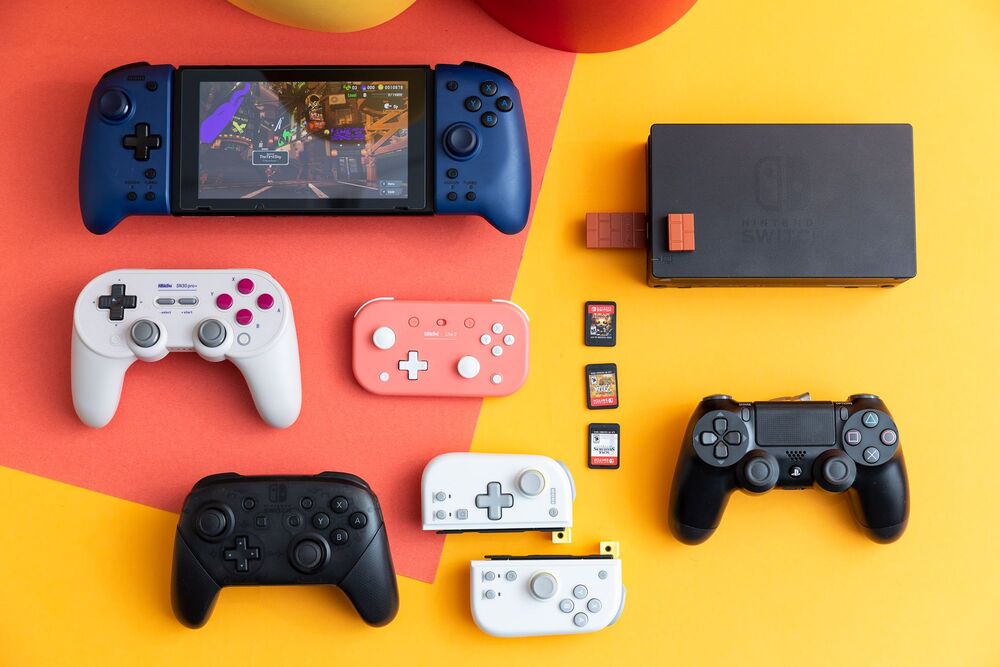Last week, my favoured gaming news site, VGC, asked former US PlayStation boss Shawn Layden whether he thought the pursuit of more powerful consoles was still the way to go for the video games industry. His answer was not what I expected.
“We’ve done these things this way for 30 years, every generation those costs went up and we realigned with it. We’ve reached the precipice now, where the centre can’t hold, we cannot continue to do things that we have done before … It’s time for a real hard reset on the business model, on what it is to be a video game,” he said. “We’re at the stage of hardware development that I call ‘only dogs can hear the difference’. We’re fighting over teraflops and that’s no place to be. We need to compete on content. Jacking up the specs of the box, I think we’ve reached the ceiling.”
This surprised me because it seems very obvious, but it’s still not often said by games industry executives, who rely on the enticing promise of technological advancement to drum up investment and hype. If we’re now freely admitting that we’ve gone as far we sensibly can with console power, that does represent a major step-change in how the games industry does business.
So where should the industry go now?
Going from 256 triangles to 1024 triangles per model is a big deal that you can immediately see
Going from 10 million triangles to 100 million or whatever is very subtle and nobody notices
Also, the technical limitations and specifications of each console gave the games a distinct look. You can tell a SNES from a Genesis game, a PS1 from a N64. Even just game ports had their own charme, differing sometimes less, sometimes wildly between each console.
It all converged in the PS2 era and now it's just differently branded PCs.
Eh you can still tell some PS2 games from Xbox, but yeah most console generations have been "good enough" since the PS3/360 era.
Definitely. Diminishing returns applies to everything to such an extent I almost consider it a law of nature, and we're definitely hitting that zone with both polygons and pixel density in my opinion.
I don't think consoles can play all games at 4k60fps yet right? Especially on a TV, 4k is a noticable difference. Maybe even go for 4k120? Seems like there still needs to be a bit more improvement. Not sure if 8k is worth it, need to find someone who knows more than i do for that.
I have a protector that does. Cost me about double what a large TV would have ($1600-ish), but it's also a 4 meter wide screen.
I suspect the next avenue is going to be using AI to create more realistic and interactive NPCs, especially in open-world games.
I wonder how far away we are from just putting a prompt in for the kind of game you’d like to play and it just being procedurally generated for you.
Also when are we getting haptic suit porn games where my game station sucks my dick? Best I’ve got so far is lubing up the vaccuum while I stream Baywatch on my VR headset
Also when are we getting haptic suit porn games where my game station sucks my dick?
Asking the real questions.
I mean, I'm playing with GPT literally right now. Granted it's not perfect but it's still interesting.
Where should the industry go?
Maybe focus more on developing good games that are more than just good graphics. A shit game will still be a shit game at 4k and 120fps. A good game doesn't necessarily need all that to be good. Game developers seem to have lost sight of doing more with less.
The industry has corrupted the mindset of their consumer base with this capitalist driven myth that you need to buy more stuff to be happy. The kids out there trolling about shit graphics and the PCMRs complaining about the lower console specs are gobbling it up. Now that one company is seeing diminishing returns, they're considering pulling back on that growth mantra. Maybe they'll start encouraging game development that doesn't waste so many computing resources for schlocky derivative lazy content. I'm sure they'll find some other way to convince us that in order to keep gaming, we'll need to keep buying.






